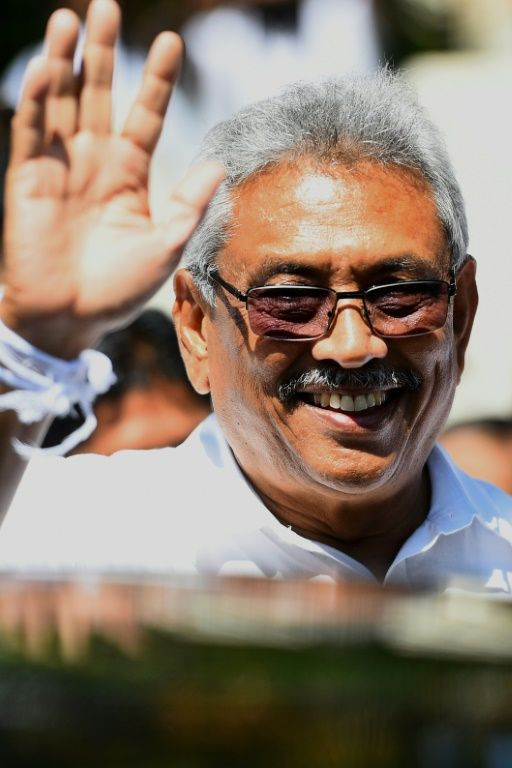Sri Lanka Imposes Curfew, Bans Flights To Halt Coronavirus Spread

KEY POINTS
- Sri Lanka postponed parliamentary election
- Sri Lanka president refused to impose lockdown on country
- Sri Lanka's tourist industry faces its worst crisis
The government of Sri Lanka has imposed a nationwide curfew this weekend to halt the spread of the coronavirus pandemic in the island nation.
President Gotabaya Rajapaksa’s office stated the country of 22 million people will be placed under curfew from 6 p.m. (local time) on Friday until 6 a.m. (local time) on Monday.
However, Rajapaksa refused to implement a more drastic lockdown of the entire country, citing the economic hardships that would have on the poor.
Health Minister Pavithra Wanniarachchi also said the government had no plans to impose a lock down. “In addition to having medical expertise and facilities ready to treat people infected by coronavirus, the 12 hospitals in several districts are kept on standby,” she said.
The curfew followed a decision by the country’s Election Commission to postpone parliamentary election which had been scheduled for Apr. 25. The Commission said a decision on the new date will be made after Mar. 25.
Sri Lanka has 66 confirmed coronavirus cases, of which 25 were Sri Lankans who returned from overseas. Of that 25, 22 arrived from Italy, two were from the U.K. and one from India.
More than 2,400 people were under quarantine.
On Tuesday, Sri Lanka suspended all incoming international flights for two weeks.
Prior to the imposition of curfew, government and police officials had asked the public to avoid large gatherings, while shutting down night clubs and betting parlors. Moreover, all pilgrimages and leisure trips within Sri Lanka were prohibited.
“We request all foreigners in Sri Lanka to curtail their movements within the country to avoid spreading the COVID-19. Hoteliers, restaurateurs, and owners of establishments where foreigners would be residing are to advise the foreigners to limit their travels,” said Army Commander Lt. Gen. Shavendra Silva. “The government requests individuals who had arrived in the island from foreign countries to register at the nearest police to put them under [the] house quarantine process.”
The virus epidemic and the related travel restriction may jeopardize Sri Lanka’s tourism industry.
“This is the worst crisis we have ever seen in the tourism industry,” said President of the Tourist Hotels Association of Sri Lanka Sanath Ukwatte, suggesting it could be worse than the fallout from the April 2019 terrorist bombings, which led to an 18% drop in arrivals.
“I personally think that the people will be comfortable and confident of traveling and going on vacation only after a vaccine is developed,” he added.
Sri Lanka’s tourist industry developed in the early 1970s and by 1996 accounted for only 1% of the country’s gross domestic product. Then the civil war of the mid-1990s badly hurt tourism with foreigners afraid to travel there.
However in 2018, the industry contributed 5% to GDP with $4.4 billion in revenue. Last year, partly due to the terror attacks, that figure fell to $3.6 billion.
Due to the novel coronavirus, Sri Lanka has been forced to ban travelers from some of its key sources of tourists: China, U.K. and Germany. China accounted for about 10% of all foreign arrivals, while Europe represented 44% in 2019.
© Copyright IBTimes 2025. All rights reserved.





















